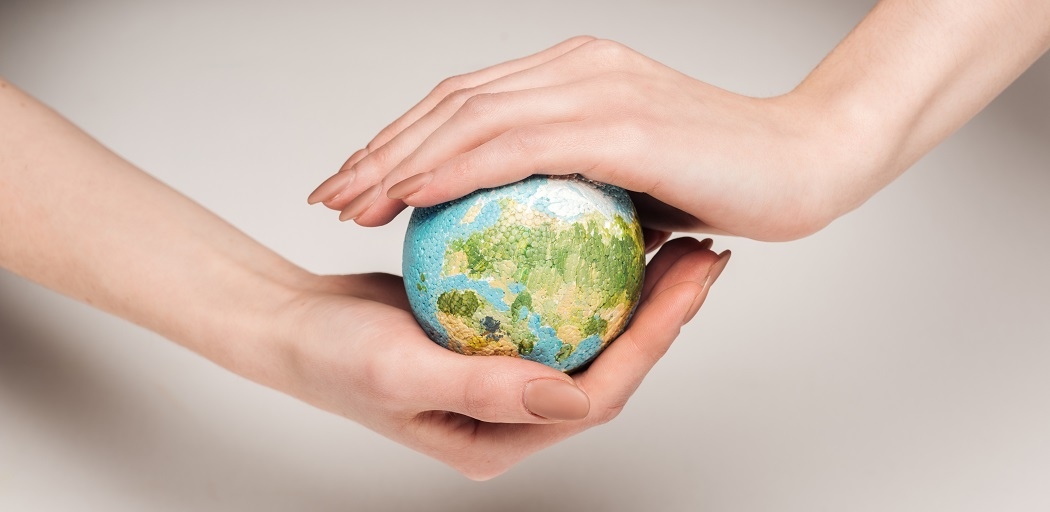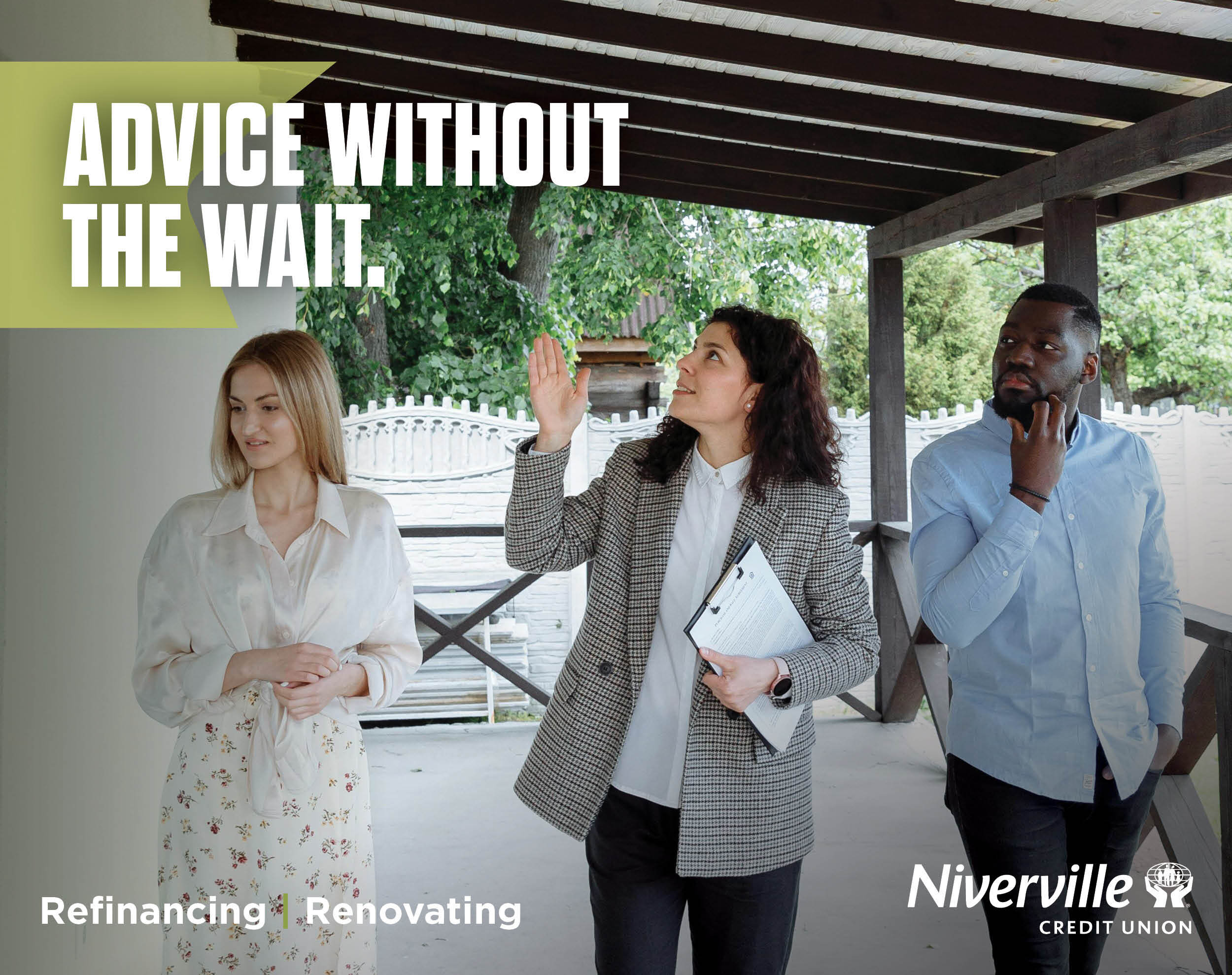
Malcom X spoke passionately in a 1964 speech about finding common ground. As a Muslim minister sharing the stage with Christian ministers and civil rights leaders of all stripes, he suggested that focusing on their differences would get them nowhere, while focusing on their common struggle to obtain civil rights would be more productive.
I would suggest that in our discussions about Mother Earth, our common ground is all at once figurative, literal, and a hell of a lot easier to find than the challenge faced by the leaders of the American civil rights movement.
We have one earth where all of us human beings must live. What happens in one corner of the globe has an impact on every other corner. And the reality is that we are negatively impacting our planet and must change what we’re doing.
We may disagree on the extent of the damage, the type and the amount of change, and ultimately who is responsible and who is to blame.
But to look at our differences is to be distracted from any type of productive solution.
I both celebrate and lament the recent climate change demonstrations. I celebrate the exposure they’ve created and the conversations they’ve started. I lament the finger-pointing and the hypocrisies on display.
Who can be right when everybody’s wrong? Quite simply, most of us are a bit of both. This goes for most of life, but when we talk about environmental stewardship we have to admit that most of us are imperfect stewards.
Consider that only the small nation of Bhutan, out of all the 195 countries in the world, has the distinction of being carbon-negative. While this represents 0.5 percent of the world’s countries, I suspect the percentage is even lower if we look for individual outliers within our global population.
What we must not do is allow anger, defensiveness, and division to take hold. Youth leaders such as Greta Thunberg are pointing to the adults in the world. Why? The reason is simple: adults are currently in control of the global systems. Governments, large corporations, and organizations are run by people in my generation. If we’re going to bring about large system change requires, my generation is going to have to act.
It’s counterproductive for adults to look at the youth’s call to action and merely perceive that they’re blaming us. It’s foolish and immature for my generation to get defensive and point to the hypocrisies of the young. We all fall short.
Will we merely focus on other people’s failures to justify our own inaction?
No, I implore you. We absolutely cannot do that. There will always be 1,001 reasons to not care, and perhaps only a handful of reasons to give a proverbial shit. For me, that “handful” is my five children who will inherit the world I was lent for a fleeting moment.
Our children are receiving an imperfect world, just as we did—a world with both promises and problems, with progress and regressions. Yet the world is mouldable, more flexible than Play-Doh as it changes not only with every squeeze of our hands, but with every step, every word, and every choice we make—the good ones and the poor ones.
Speaking to today’s youth, yes, the world is imperfect. Misshapen and abused, in some cases. We smoothed out a few rough spots and unfortunately created a few new wrinkles of our own.
Let us take steps forward together. Compost one extra pound of waste. Drive one less trip and walk instead. Plant one tree. Instead of worrying about varying opinions regarding the urgency and impact of environmental changes, choose instead to be motivated by good stewardship.
Now more than ever we must embrace the old adage that says, “Many hands make light work.” Do not critique, but rather encourage. Teach with humility, and be both pupil and instructor. Inspire and be inspired. Our world is depending on us.



















